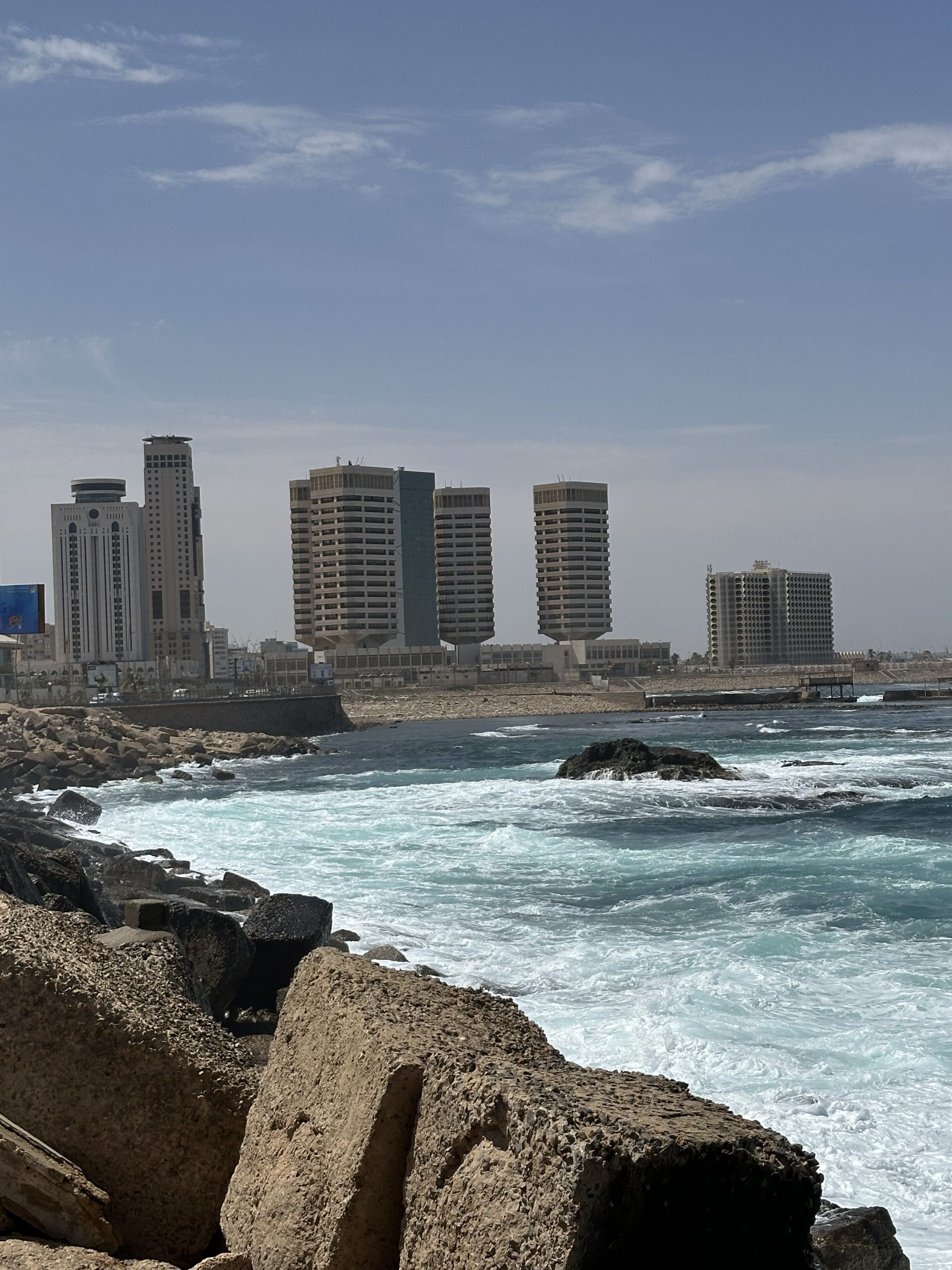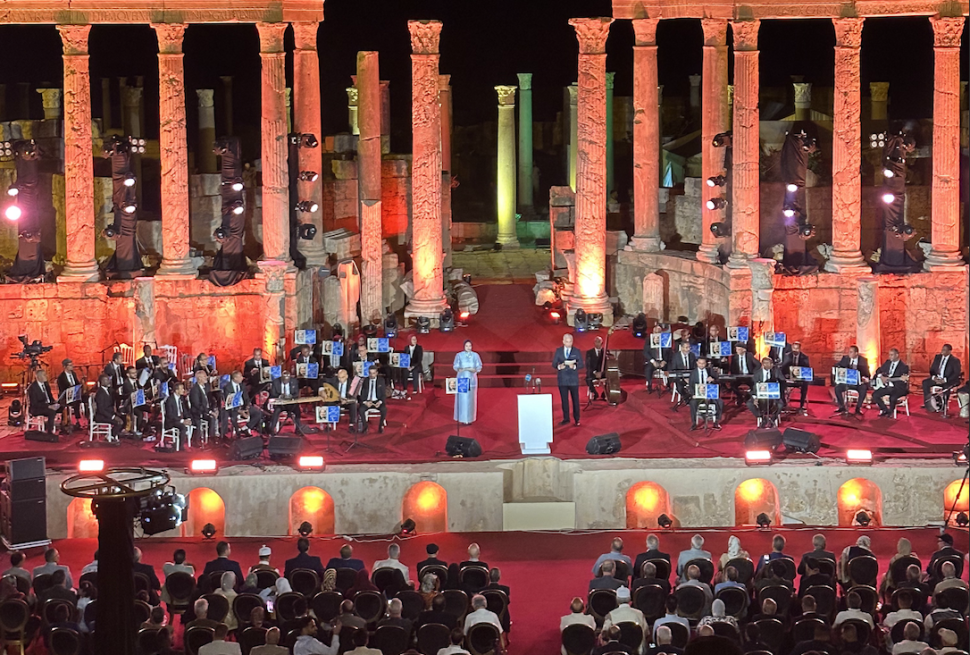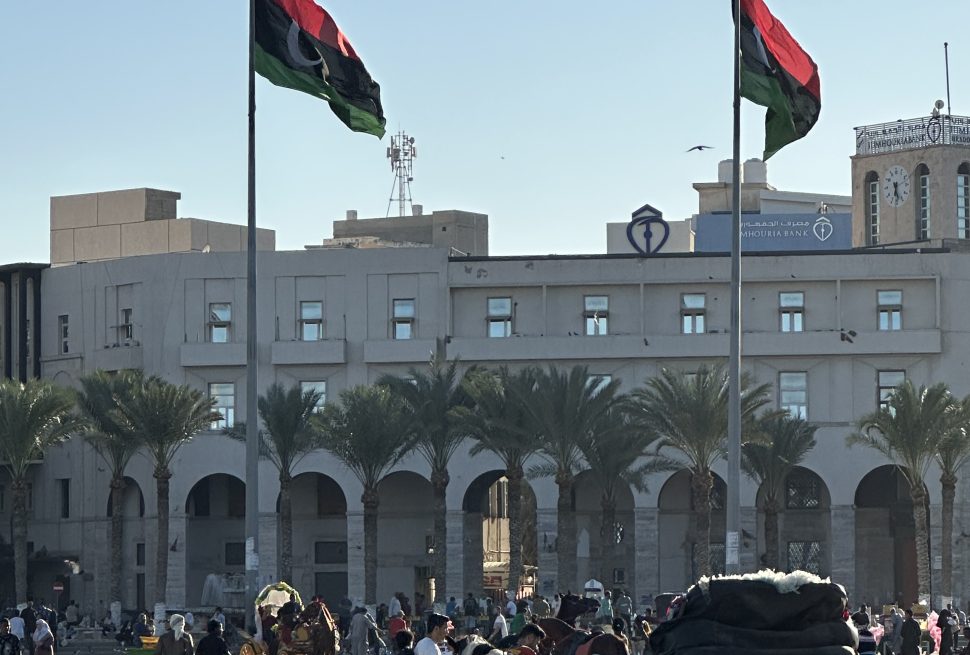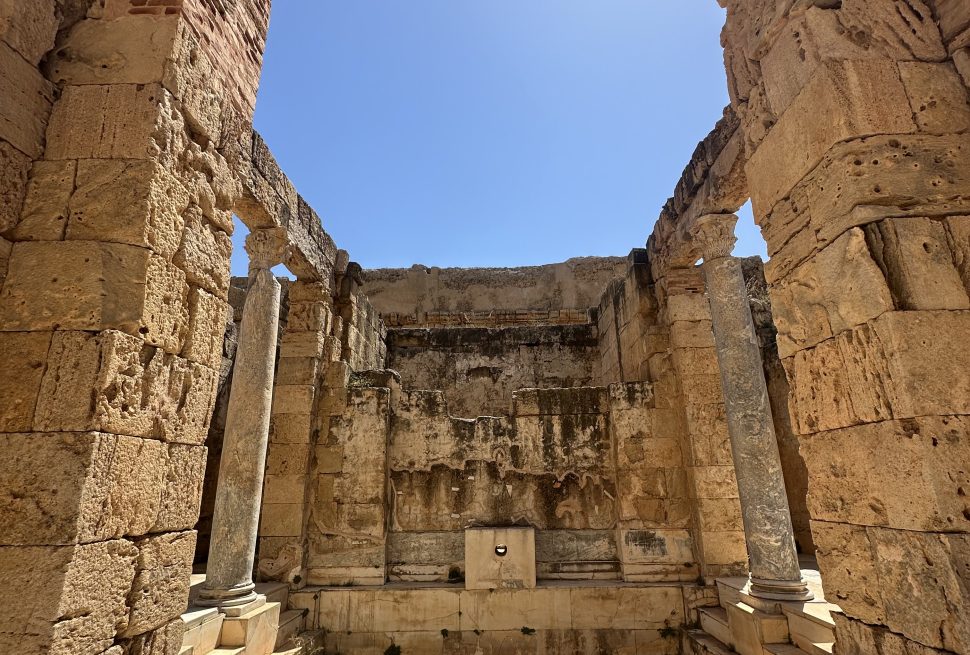Across deserts and seas, Libya has always been a land where greatness found its home. Empires carved their names into stone, merchants crossed its coasts and sands, and people shaped lives full of resilience and beauty. Even today, Libya still carries the spirit of those who came before. For the visitor, stepping into Libya is not just travel, it is a journey through living history. Libya a Unique Place and People.
One of the most marketed chapters of Libya’s greatness was written in stone by the Romans. In Leptis Magna, the birthplace of Emperor Septimius Severus, wide marble avenues, amphitheaters, and markets once pulsed with life. Imagine senators debating in the forum, gladiators performing before roaring crowds, and traders bargaining over olive oil and spices. Sabratha, facing the Mediterranean, was equally alive. Ships came and went, carrying goods to distant shores, while its grand theater offered plays against the backdrop of the sea. Today, when you wander these ruins, the echo of voices still seems to linger, reminding us that Libya once stood at the center of a vast empire.
Libya Before Rome
Yet Libya’s story of greatness did not begin with Rome. Long before, the Phoenicians and Carthaginians saw the coast as a bridge between worlds. They built trading colonies, filled harbors with ships, and connected Libya to the wider Mediterranean. Their legacy of trade and openness lives on in the coastal markets of Tripoli and Benghazi today, where fish, olives, and spices are still bartered with the same energy.
Beyond the coast, another kind of greatness thrived in the desert. The Garamantes, rulers of the Fezzan, built their kingdom not with armies but with ingenuity. They created underground irrigation systems called foggara to turn barren land into thriving oases. Caravans from sub-Saharan Africa crossed the sands to Garama, bringing salt, ivory, and gold. Travelers who walk through Ghadames, the Pearl of the Desert, still feel this spirit. Its shaded alleys and whitewashed homes are proof that the desert too can give rise to greatness. Just as the Garamantes adapted and thrived, modern Libyans of the desert continue to live in harmony with their environment.
Faith and Unity in Libya
The arrival of Islam in the seventh century reshaped Libya once again. Faith gave unity, identity, and calm to a land long divided by empires and tribes. Mosques became places of learning, cities flourished as centers of trade, and life was guided by shared values of justice and hospitality. Even today, this unity remains one of Libya’s most enduring strengths. In a land where countless powers once rose and fell, religion has been the thread tying people together, bringing stability and a sense of belonging.
Centuries later, the Ottomans left their mark. Fortresses rose, markets expanded, and new styles of architecture blended with old. The soul of Ottoman Tripoli is still alive in its old town, where winding alleys, lively souks, and beautiful mosques reveal how Libya’s greatness continued to evolve under different empires.
Libya’s People: The Heart of Greatness
What makes Libya truly a land of greatness is not just its ruins or empires, it is the people. From ancient merchants to desert traders, from Roman senators to modern families sharing couscous, the same spirit of resilience and hospitality has endured across the ages. Today, the Libyan people still embody this greatness. Hospitality is as warm as ever, music and storytelling thrive, and markets are alive with color and energy. Every handshake, every shared cup of tea, is part of the same story that began thousands of years ago.
For visitors, Libya is more than a destination. It is an invitation to walk through history while experiencing life in the present. You can explore Roman theaters where the sea breeze still flows, wander desert towns that once welcomed caravans, and meet people who keep alive the traditions of hospitality and unity. Libya’s greatness lies in its continuity, in how the empires and people of the past have shaped a culture that still shines today. This is why a journey to Libya is not only about seeing ruins or landscapes. It is about stepping into a living story that continues to inspire, to endure, and to welcome all who arrive.
Libya is a unique place with a unique people, follow us on instagram for more: @intoLibya




